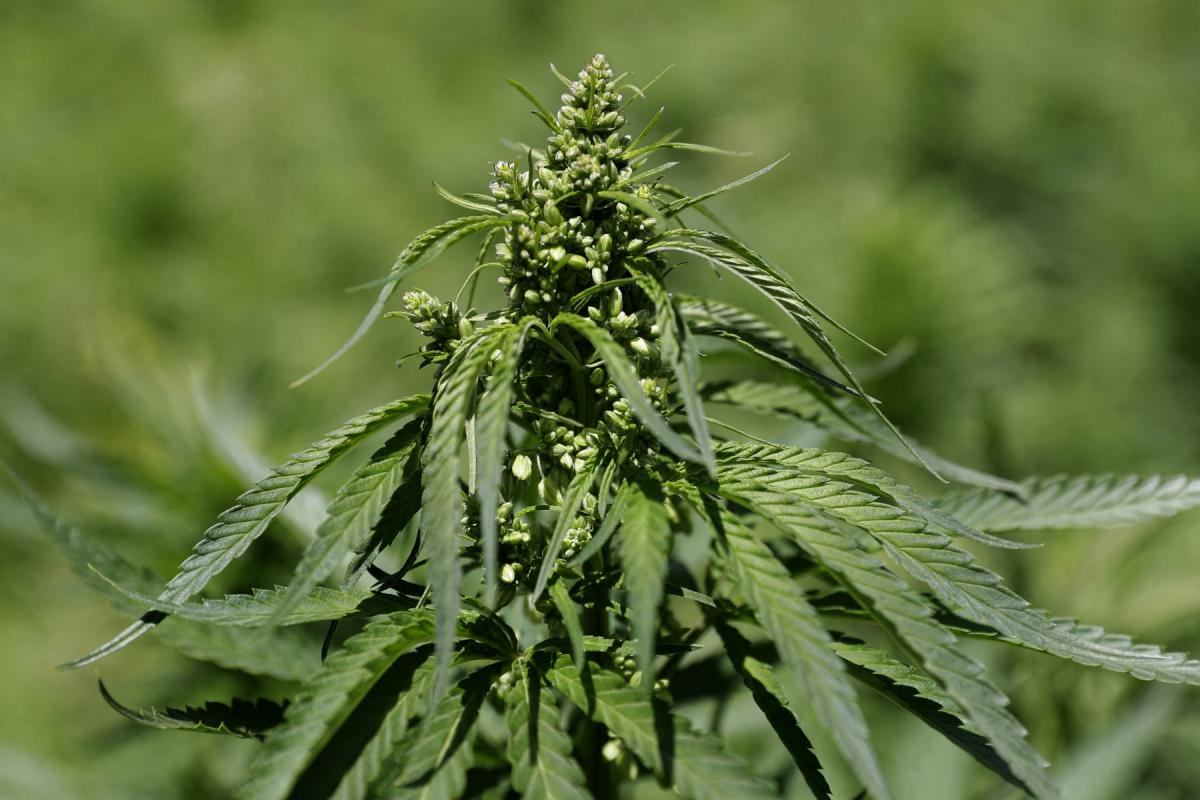Amid Lebanon’s mounting economic and social crises, the search for new productive sectors has become a national priority. One such sector gaining attention is the cultivation of cannabis for medical and industrial purposes—a field that holds significant potential for both economic revitalization and public health, especially in long-marginalized rural areas.
During a recent conference titled “Cannabis Production: Between Reality and Aspiration,” held under the patronage of Prime Minister Nawaf Salam and attended by ministers and key stakeholders, cannabis was presented not merely as an agricultural product, but as the foundation of an integrated economic project. The industry spans pharmaceuticals, cosmetics, and industrial applications such as fiber, oils, and organic materials. The conference emphasized that cannabis offers Lebanon a rare chance to build a productive economy—one that moves this crop out of the shadows of illegality and into the framework of a transparent and regulated sector supporting sustainable development.
Government Vision: From Legislation to Implementation
Agriculture Minister Nizar Hani described the legislative path toward cannabis cultivation not as a mere technical step, but as a major national responsibility requiring structured and scientific management. Transparency and accountability, he stressed, must remain paramount. Hani pointed to the 2020 law passed by parliament as a foundation for modernizing Lebanon’s agricultural map, diversifying crops in response to climate change and environmental challenges, and, crucially, supporting Lebanese farmers as the cornerstone of any successful agricultural reform.
Prime Minister Nawaf Salam echoed this outlook, framing cannabis as a potential economic lifeline—especially for underdeveloped regions such as the Bekaa Valley. He emphasized the crop’s ability to create quality jobs and offer a legal alternative to the fragile and often illicit shadow economy. Salam also revealed ongoing efforts to establish an independent regulatory authority to implement the law, alongside a robust oversight system to ensure legal compliance and social equity.
A Golden Opportunity for Lebanon’s Economy
According to economic expert Dr. Samer Najm, Lebanon’s move into cannabis cultivation could mark a turning point for the national economy. “This sector,” he said, “can generate over $1 billion annually through production, manufacturing, and exports. But more than that, it can create an integrated economic ecosystem linking agriculture, industry, and scientific research.”
Najm stressed the importance of equitable and transparent governance of the sector to avoid monopolization and ensure fair distribution of opportunities. “Small-scale farmers,” he added, “who form the backbone of Lebanon’s agriculture, must be supported through technical assistance and training. These efforts should be part of broader rural development policies aimed at reversing years of economic and social neglect.”
He concluded by underlining that success will hinge on genuine political will, a firm regulatory framework, and active partnerships between the government, private sector, and civil society—partnerships essential for achieving both sustainable development and social justice.
Cannabis cultivation in Lebanon is more than just the introduction of a new crop—it represents a comprehensive development project with the potential to revitalize the agricultural sector and foster balanced economic and social growth. With legal frameworks now in place and growing governmental support, this industry could become a powerful engine for the national economy, generating real jobs in rural areas and positioning Lebanon as a global competitor in the medical and industrial cannabis market. Ultimately, the keys to turning this vision into reality will be effective implementation and rigorous oversight.
Please post your comments on:
[email protected]
 Politics
Politics













